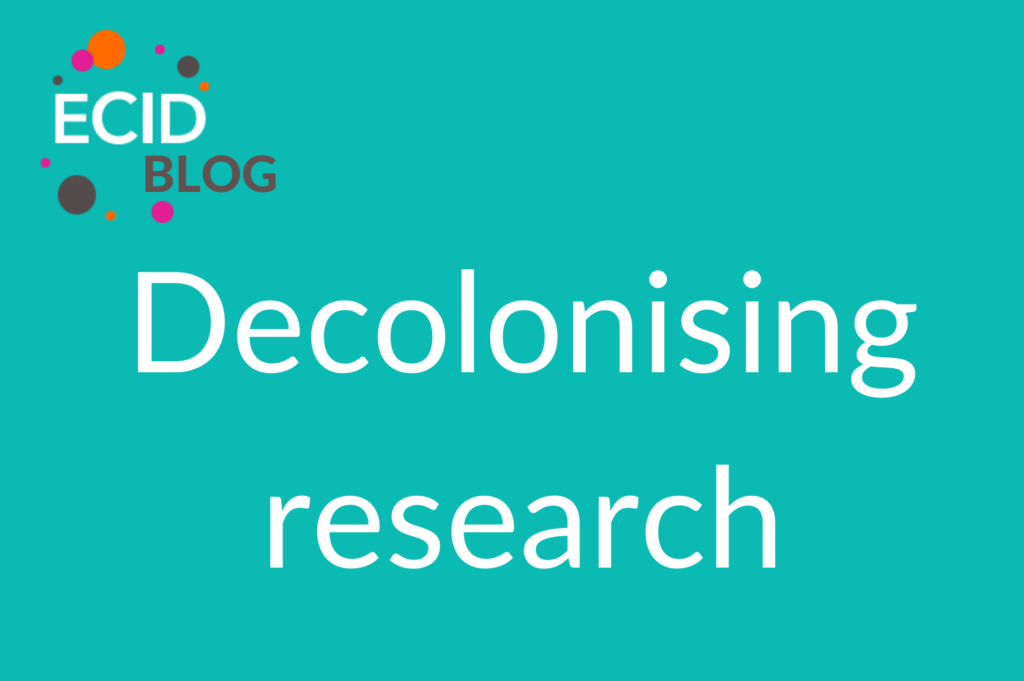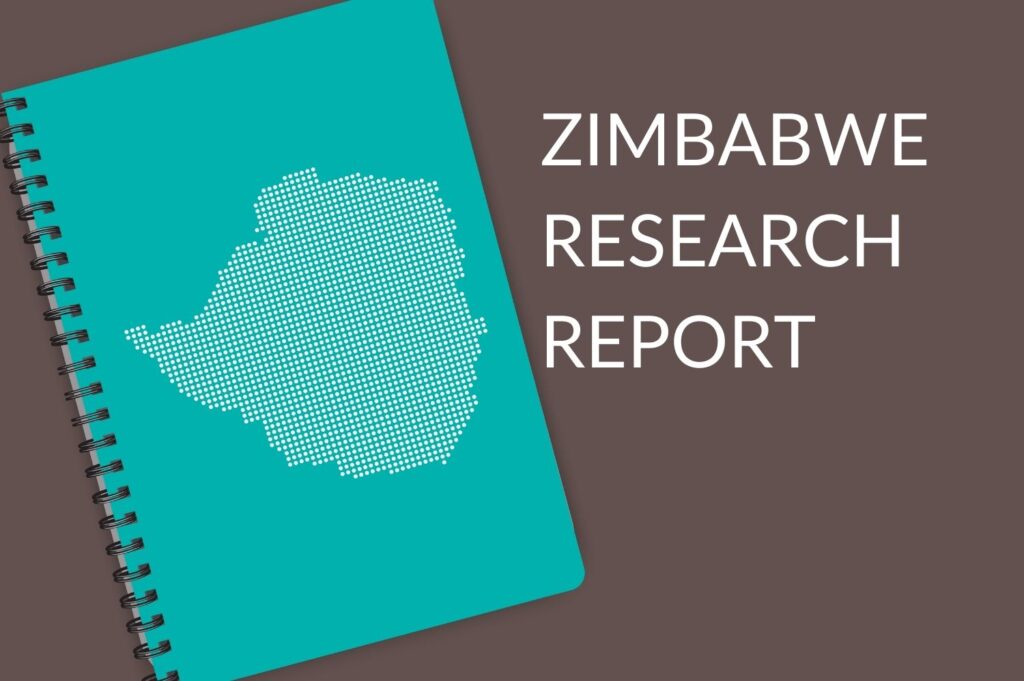News: Nigeria launch event for ECID in Anambra
New programme set to improve the face of policy-making for sustainable and inclusive development in Anambra, Nigeria
Christian Aid and her partners in Anambra have launched a new UK aid funded programme that will contribute to reducing poverty and improving the wellbeing of over 200,000 adolescents, poor rural women and people with disabilities in Kaduna and Anambra States. The Evidence and Collaboration for Inclusive Development (ECID) programme which was conceived out of the dire need to address the growing issues of marginalisation and under-development in the country, seeks to achieve its aim by facilitating evidence-based policy and decision-making through the effective use of data by policymakers to address the issues of marginalised groups. The programme will run till September 2022.
Focusing on four priority areas of intervention; health, education, agriculture and infrastructure, the programme will strategically combine its two key strands; evidence and collaboration to foster inclusive development. Inclusive development is a prerequisite for sustainable development and will ensure that the needs and perspectives of all groups, regardless of socio-economic or socio-cultural standing are heard and addressed.
Victor Arokoyo, Project Lead and Christian Aid Nigeria’s Senior Programme Coordinator, Policy and Advocacy stated that: “A review of the education policy ecosystem in the state and other consultations has shown that there is a disconnect between policies and the realities of the citizens, therefore, leaning more towards policy making that is evidence-based is a key strategy to address this”.
“The programme will therefore work with all relevant stakeholders to ensure that adequate and accurate data is collected and effectively used by policymakers, ensuring that citizens can play an active role in policy making processes,” he added.
This cannot be achieved without collaboration across sectors and groups, therefore the ECID programme is strategically placed to foster collaboration among CSOs, academia, policy makers, marginalised groups and private sector, which is reflected in the design of the programme structure itself.
Adding to this, Uzoma Uzor, Christian Aid’s Senior Programme Coordinator, Governance and the Anambra State ECID project lead mentioned that although the programme is being officially launched on the 21st of July, a number of activities have happened within the state, such as stakeholder engagements and a baseline survey that consisted of focus group discussions, perception surveys, Key Informant Interviews to determine the gaps in access to services across the four priority areas as well as issues of participation by marginalised groups. The findings of the survey were validated both at community and state levels and are available to all interested stakeholders.
The pre-launch activities revealed that the most marginalised groups are poor rural women, adolescents, and People with disabilities. The programme is therefore focusing its efforts on ensuring that the perspectives of these groups are heard and used effectively for policy and decision-making at community, local and state level. The programme will also empower these groups to be able to participate meaningfully in governance and decision-making processes as it strives towards a more inclusive and sustainable development.
The Evidence and Collaboration for Inclusive Development (ECID) programme is a two-state programme funded by UK aid and led by Christian Aid in collaboration with Civil Society Organizations across Anambra and Kaduna States. In Anambra, the funded CSOs are Civil Rights Concern (CRC), Hope Givers Initiative (HOG-I) and Justice, Development and Peace Commission (JDPC) Onitsha.



